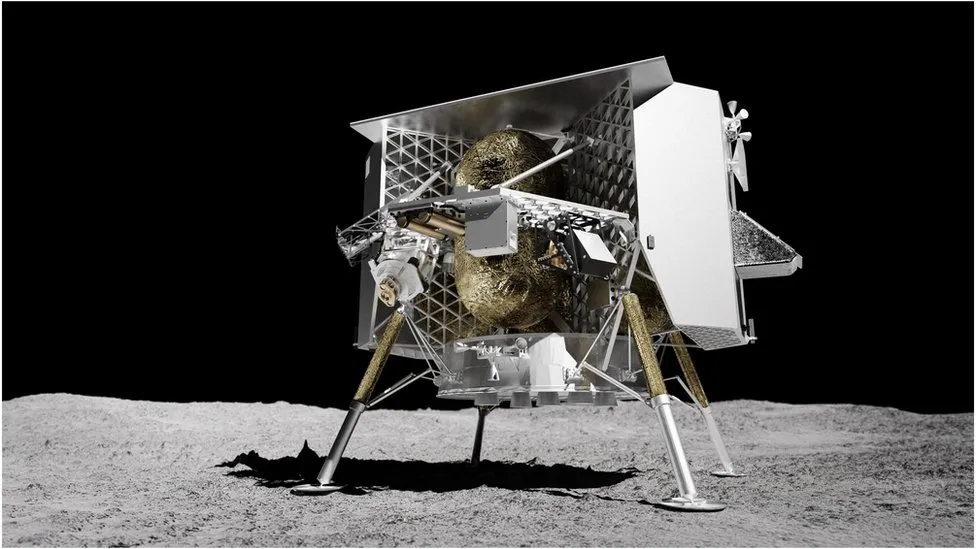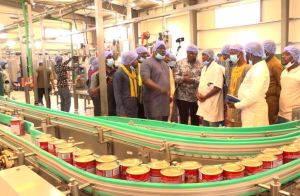Astrobotic’s lunar mission faces crisis as Fuel leak jeopardizes moon landing

Pittsburgh-based Astrobotic, the American company embarking on a lunar mission, faces a critical challenge as a fuel leak from its Peregrine lander jeopardizes the control of the spacecraft. The potential impact on the mission’s longevity is significant, with the possibility of a lunar touch-down now ruled out.
Launched from Cape Canaveral, Florida, the 1.2-tonne Peregrine lander aimed to achieve the first US lunar landing in half a century, with a planned landing on the Moon’s northern hemisphere in late February.
However, engineers detected a fuel leak almost immediately after launch, hampering the spacecraft’s ability to maintain a stable position.
The propulsion system leak has disrupted the spacecraft’s solar panels’ alignment with the Sun, essential for charging its battery.
Despite efforts to rectify the issue, Peregrine’s thrusters are working overtime to sustain the correct orientation, depleting the limited fuel supply even faster.
Astrobotic now estimates that the craft has less than two days’ worth of propellant left before reserves are exhausted, leading to an uncontrolled tumble.
This dire scenario would render Peregrine powerless as its solar panels lose access to sunlight.
Astrobotic’s lunar mission is the inaugural venture among three US companies participating in lunar missions in 2024 under a new private-public partnership with NASA.
While the space agency has purchased transport services from Astrobotic and its counterparts, the companies themselves design and lead the projects.
NASA believes this collaboration will bring innovation and cost reduction over time.
Despite the setback, NASA’s Deputy Administrator, Pam Melroy, acknowledged the inherent risks associated with new ways of space exploration. The agency expects such missions to provide valuable learning experiences, with each subsequent attempt building on the lessons of the preceding ones.
The challenges faced by Astrobotic’s Peregrine mission underscore the complexities and risks associated with space exploration.
While the immediate goal of a lunar landing may be compromised, the incident is seen as an opportunity for learning and improvement in future lunar endeavors.
Source: bbc.com












